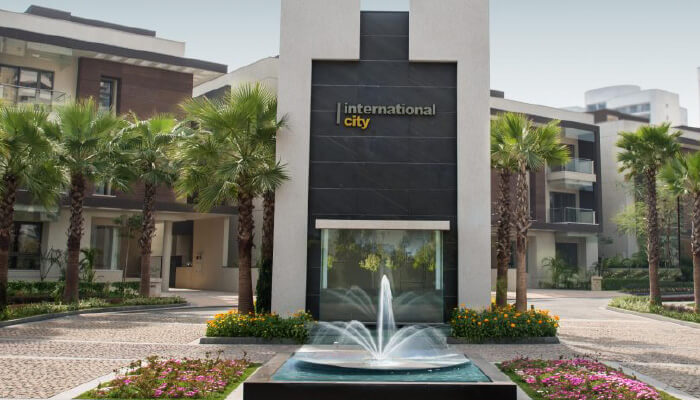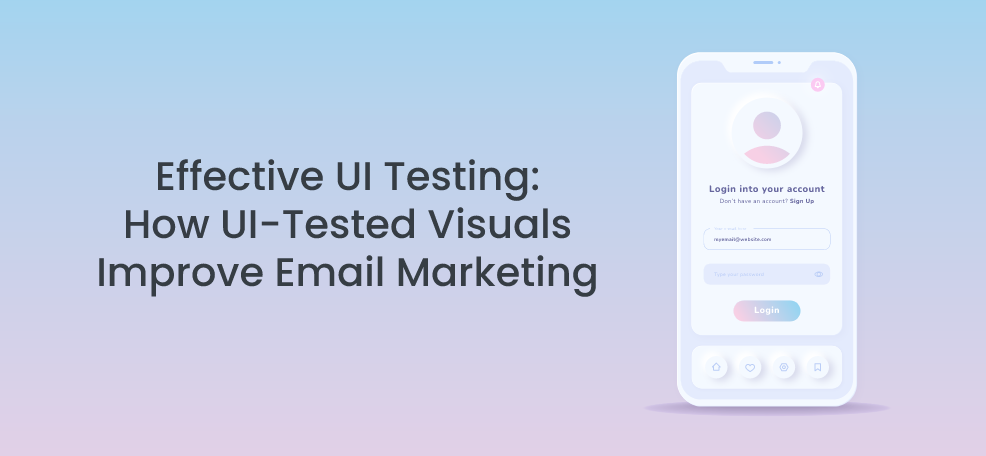Google Penalties: 12 Typical Reasons and How to Avoid Them
Discover the 12 most common reasons for Google penalties and learn how to avoid them to ensure your website's ranking and visibility. Stay ahead of the competition with these essential tips.

Your website incurs a Google penalty when you receive a manual website flagging from a reviewer working at Google. But it is not permanent. Through this article, we will tell you how you can detect these penalties, fix them, and avoid them in the future.
What is a Google Penalty?
A Google penalty occurs when a website does not adhere to Google’s webmaster guidelines, resulting in a punishment that can lower your site’s ranking on search engine results pages (SERPs) or remove it from search results entirely. Unlike changes in rankings due to algorithm updates, a Google penalty is a manual action taken by a human reviewer rather than an automated process.
Google's algorithm changes can still impact your rankings, but penalties are direct results of manual reviews that find violations of Google's quality guidelines. Google uses machine learning to catch most spam, but the remaining issues are addressed by manual reviewers who issue penalties for websites that violate rules.
Impact of a Google Penalty
Google penalties can significantly reduce your website’s visibility, impacting organic traffic and credibility. Websites that attempt to manipulate search rankings using unethical tactics often face these penalties. Even if the manipulation isn't intentional, not following best practices can result in penalties that may take weeks or months to recover from.
A Google penalty can cause a sharp drop in search engine rankings, leading to decreased traffic, lower conversion rates, and a negative impact on brand reputation. For businesses relying heavily on online visibility, this can mean significant financial losses.
Partnering with industry experts like Techmagnate, a leading provider of Google Penalty Recovery Services, can help you manage the entire penalty removal process effectively and restore your site’s performance on search engine results pages.
Causes of Google Penalties
Google penalties can be caused by a variety of issues, each tied to violations of Google’s quality guidelines. Some common causes include:
Unnatural Links to Your Website
These include links on third-party websites that lead to your site with the intent to manipulate SERP rankings. If Google detects that these links are paid or spammy, it can penalize your website.
Unnatural Links from Your Site
Links from your website to other sites that appear manipulative, irrelevant, or paid can also result in penalties. Google's guidelines aim to prevent link schemes that artificially boost a site's ranking.
Low-Quality Content
Content that provides little to no value to users, such as thin content or duplicate content, can lead to penalties. Google prioritizes high-quality, original content that is informative and engaging for users.
Cloaked Images
Images that show different content to users than to search engines, often to manipulate rankings, are considered cloaked images. This deceptive practice can result in a Google penalty.
Spam from Third Parties
Allowing third parties to post spammy content on your site, such as in user forums or comment sections, can attract penalties. Monitoring user-generated content is crucial to maintaining site integrity.
User-Generated Spam
Similar to third-party spam, content generated by users on your site, like in comments or forums, that appears spammy or violates guidelines can lead to penalties.
Spammy Website Host
If your hosting provider has a reputation for hosting spammy content, your site could be penalized simply by association. Choosing a reputable hosting provider is essential.
Structured Data Issues
Improper use of schema markup, which misleads or manipulates search engine algorithms, can result in penalties. Correct implementation of structured data is critical for SEO success.
Cloaking or Sneaky Redirects
Showing different content to search engines than to users, or redirecting users to unrelated content, is known as cloaking and can lead to severe penalties.
Mobile-Only Redirects
Redirecting mobile users to different content than what desktop users see, or than what was indexed, can result in penalties. Ensure consistent user experience across devices.
Violations of Google News and Discover Policy
Content that does not comply with Google's guidelines for appearing in News or Discover can be penalized, affecting visibility and traffic from these features.
Keyword Stuffing
Overusing keywords in content to manipulate search rankings is known as keyword stuffing. This outdated tactic can result in penalties and is discouraged by Google.
Detecting Penalties
You can detect penalties by checking your Google Search Console for manual action notifications. Additionally, using tools like SEMrush’s Position Tracking can help monitor sudden drops in rankings, which may indicate a penalty.
How Long Will It Take to Recover From a Google Penalty?
The recovery time from a Google penalty varies depending on the nature of the violation and the corrective measures taken. Penalties may last from a few weeks to several months. Immediate action upon notification, such as rectifying the violation and submitting a reconsideration request, can expedite the recovery process.
It’s crucial to identify the type of penalty and the specific violation it addresses. Engaging an SEO specialist to conduct a thorough analysis and provide a recovery plan is often necessary for complex cases. Google's updated E-E-A-T (Expertise, Experience, Authoritativeness, Trustworthiness) guidelines can also impact rankings. Ensuring your site aligns with these criteria can aid in faster recovery.
How Can You Avoid Google Penalties?
Preventing Google penalties involves adhering to best SEO practices. Here are three essential tips:
Create High-Quality Content
High-value, relevant, and engaging content is crucial for avoiding penalties. Google’s primary goal is to provide users with the best possible search experience. By focusing on quality content that meets user needs and answers their queries, you can maintain strong search rankings and avoid penalties.
Build a Natural Backlink Profile
A natural backlink profile consists of relevant, earned links from reputable sources. Backlinks should come from diverse domains, indicating that your site is a credible source of information. Regularly auditing your backlink profile using tools like SEMrush’s Backlink Audit can help identify and remove toxic or spammy links.
Steps to Audit Backlinks Using SEMrush:
- Run a Backlink Audit: Use SEMrush’s tool to analyze your backlink profile.
- Check Toxicity Score: High toxicity indicates low-quality backlinks that may attract penalties.
- Review Referring Domains: Aim for a diverse range of high-quality domains rather than numerous links from a single source.
- Utilize Audit Insights: Dive deeper into the details through the 'Audit' tab to manage link quality.
Ensure Website Security and Technical Optimization
A secure, technically sound website enhances user experience and search engine accessibility. Key technical elements to focus on include:
- Page Load Speed: Faster load times improve user experience and reduce bounce rates.
- HTTPS Security: Use HTTPS to ensure secure communication, which is a ranking factor.
- Crawlability and Indexability: Make sure search engines can easily crawl and index your content.
- Avoid Duplicate Content: Use canonical tags and consistent URL structures to prevent duplication.
- Structured XML Sitemaps: Helps search engines understand your site structure, improving indexing.
Keeping Your Website Penalty-Free
Maintaining a penalty-free website requires adherence to Google’s guidelines, consistent monitoring of site health, and a commitment to high-quality content and ethical SEO practices. Regularly audit your site’s performance, backlinks, and content quality to ensure compliance. Partnering with experienced SEO professionals can further safeguard your website against potential penalties, helping you maintain optimal rankings and achieve long-term success in search engine visibility.
Managing your website’s SEO in-house can be a complex task. Consider working with a reputable SEO services provider to keep your website healthy, updated, and penalty-free. This proactive approach will help you secure and maintain strong search engine rankings, driving sustained traffic and business growth.
What's Your Reaction?




















.jpg)
.jpg)